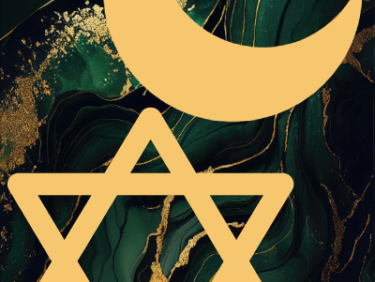Project Beyond Conflict and Coexistence: An Entangled History of Jewish-Arab Relations
For many centuries, the great majority of Jews spoke Arabic and lived under Muslim rule. Until 1880, this group remained the majority even among the growing Jewish community in the Land of Israel/Palestine. The demographic changes in favour of European Jews, paired with an ambivalence towards Islam in the modern period, have led to polarizing views on the historical relationship between Arabs and Jews in scholarship as well, highlighting either conflict between the communities or a romanticised utopia of coexistence

Our project "Beyond Conflict and Coexistence. Entangled Histories of Jewish-Arab Relations" brings together six postdoctoral projects based at the Universities of Heidelberg, Munich, and Halle Wittenberg, all of which aim to move beyond the polarizing paradigms of conflict and coexistence and instead bring the historical entanglement of Arabs and Jews to the fore.
The perspective of entangled history is particularly suitable to the study of Jewish-Arab history, as religious and everyday practices of Jews and Muslims, and many of their respective traditions, converged in closely cohabited spaces— a shared religious, intellectual, social, linguistic and economic world. As a result, where certain practices and traditions originated and who adopted and adapted them could no longer be differentiated- origins and adaptations were entangled. The religious laws of both traditions (Sharīʿa and Halacha), their liturgies and holy books (Qur'an and Torah), poetic forms, musical practices, and scientific and philosophical concepts are filled with parallels and resonances.



